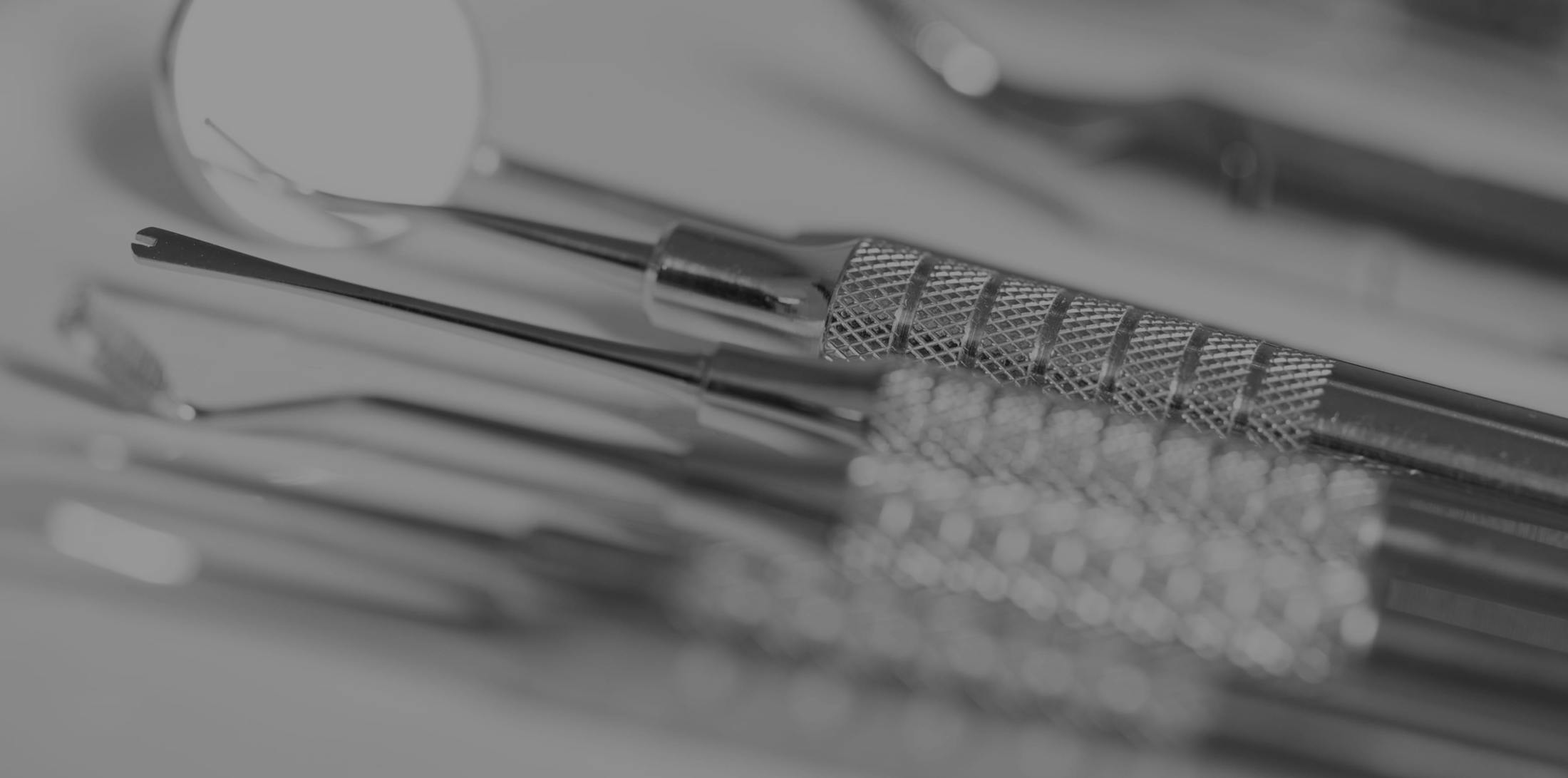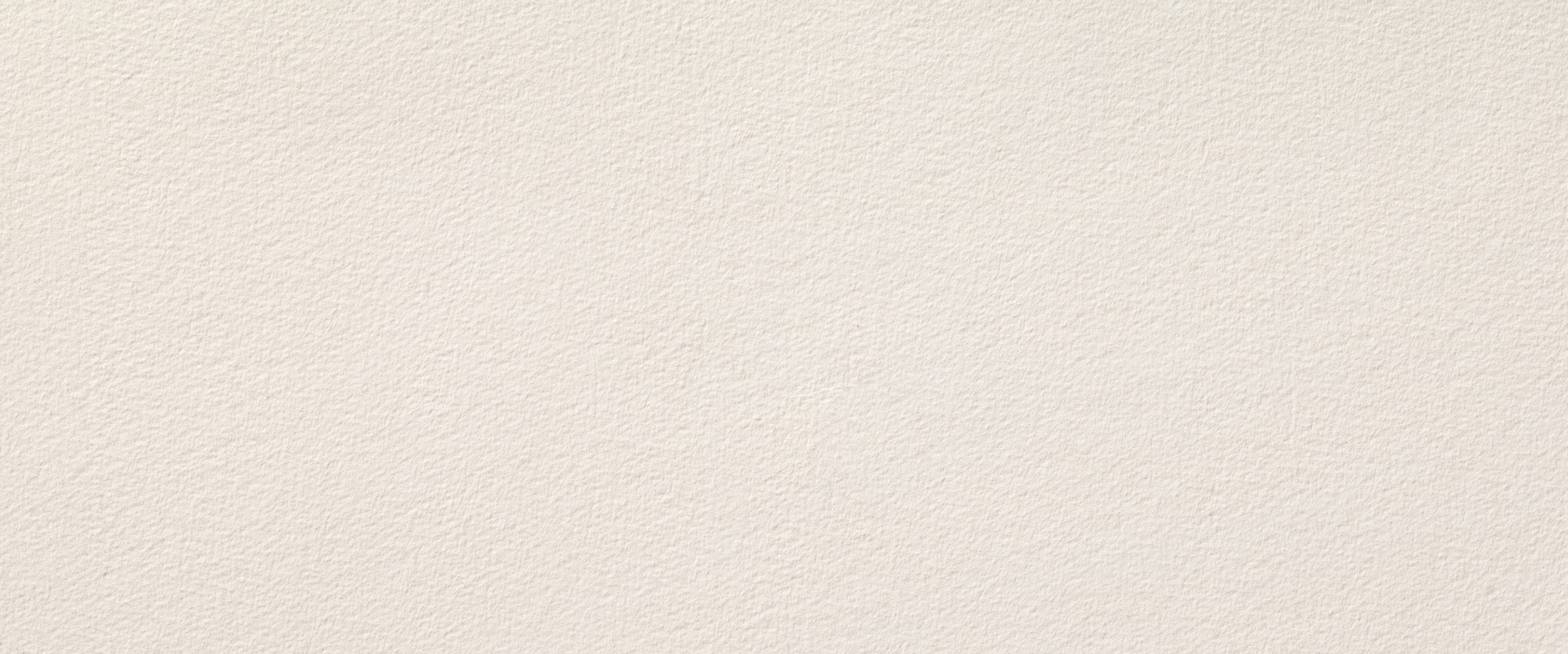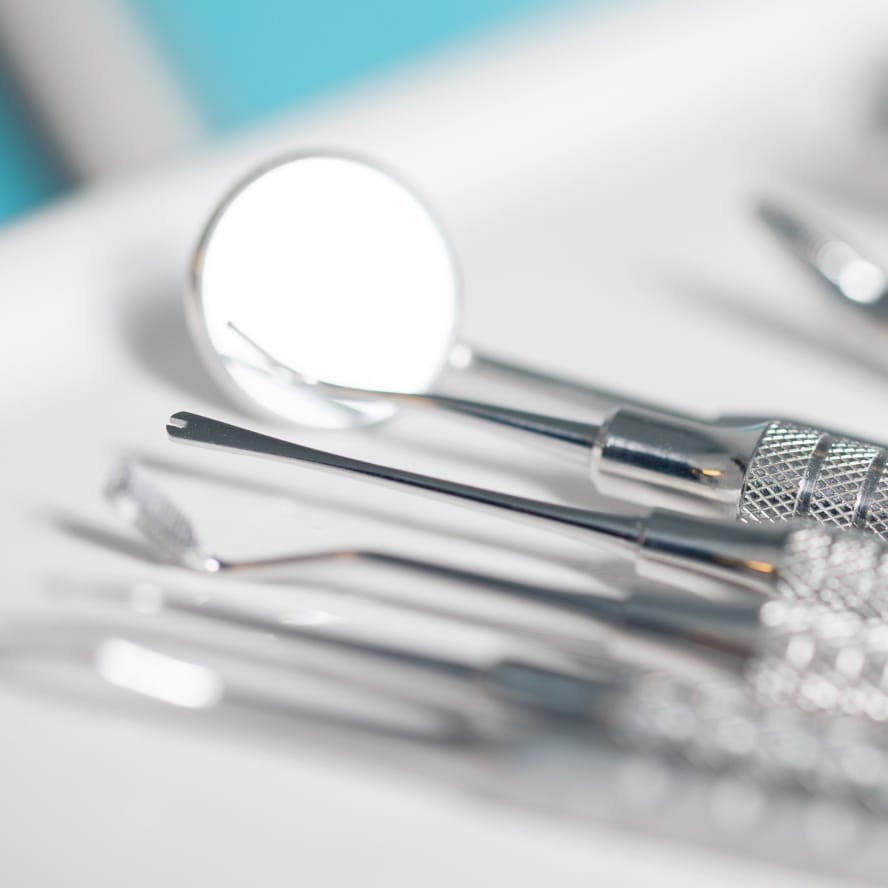Nocturia is a condition that causes you to wake up at night to urinate. In cases of nocturnal polyuria, up to ⅓ of urine output happens overnight.
Symptoms of Nocturia
The most easily recognizable symptom of nocturia is waking at night to go to the bathroom.
A healthy body should be able to achieve 6-8 hours of uninterrupted sleep each night. When this doesn’t happen, our quality of life decreases, even if there are no pervasive medical problems present.
Some symptoms of nocturia include:
- Waking up more than one time a night to urinate
- Urinating more volume (this occurs when polyuria is present)
- Feeling sleepy or fatigued when you wake up in the morning
Nocturia is common in both men and women, particularly older adults.
Recent studies indicate 69% of men and 76% of women over 40 get up to go to the bathroom at least one time during the night. Approximately a third of adults over age 30 make 2 or more trips to the toilet overnight.






